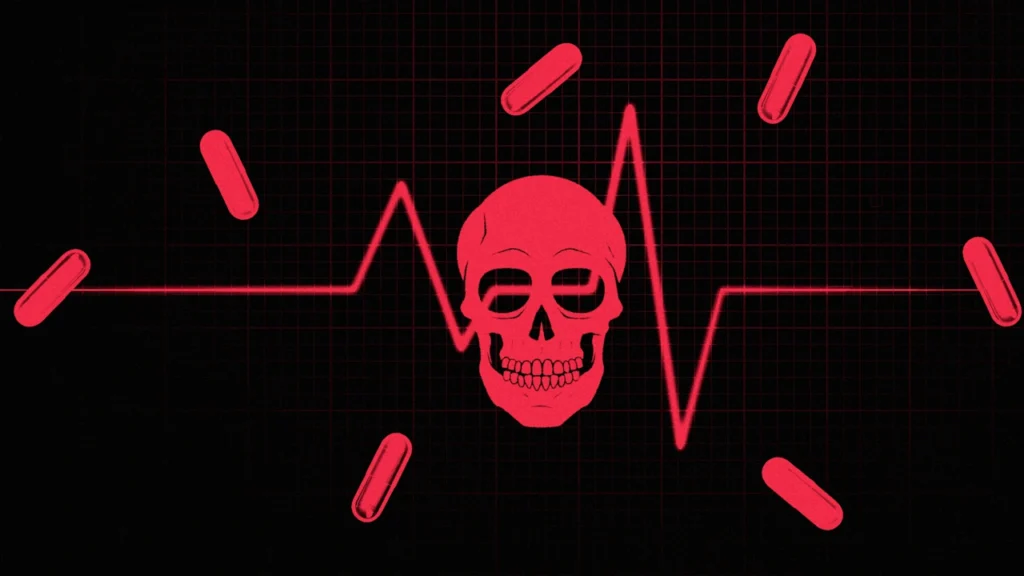
Check your medicine cabinet: A major pharmaceutical company has just recalled nearly 600,000 bottles of a blood pressure medication due to the potential presence of a potentially cancer-causing chemical.
According to three different recall notices shared by the FDA, the New Jersey-based drugmaker Teva Pharmaceuticals USA has voluntarily recalled several lots of the blood pressure medication prazosin hydrochloride. Here’s what to know:
What happened?
According to the FDA’s reports, about 590,000 bottles of prazosin hydrochloride have been recalled due to “presence of N-nitroso Prazosin impurity C above the Carcinogenic Potency Categorization Approach (CPCA) acceptable intake limit.”
Essentially, that means drug testing found that the affected bottles contained a concentration of nitrosamine—a potential carcinogen—that was above the acceptable levels established by the FDA.
The FDA has categorized this recall as a Class II, meaning, “a situation in which use of or exposure to a violative product may cause temporary or medically reversible adverse health consequences or where the probability of serious adverse health consequences is remote.”
Which blood pressure medication was recalled?
The recall includes bottles of Prazosin Hydrochloride in 1 mg, 2 mg, and 5 mg concentrations. There are three different recall numbers for each of these doses, cinlduing:
- D-0104-2026; 181,659 bottles of a 1 mg dosage
- D-0105-2026; 291,512 bottles of a 2 mg dosage
- D-0106-2026; 107,673 of a 5 mg dosage
Full lot numbers for every affected batch of the medicine can be found here.
What should I do if I have recalled medication?
In a statement sent to NBC Chicago, Teva said that anyone with the affected medication should contact their pharmacy to determine what to do with the remaining quantities, and noted that it has already sent letters to its customers with instructions on returning the recalled product. The company added that it has not yet received any complaints about the medication.
It’s important to note that, during similar cases in the past, the FDA has advised patients to continue taking these medications until they have an alternative, because a heart attack is a more immediate risk than cancer.
Teva did not immediately respond to Fast Company‘s request for comment.